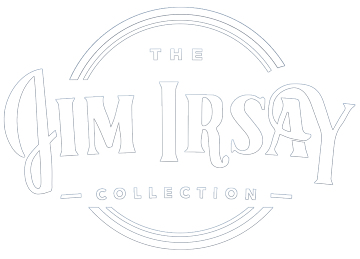Handbill for Bob Dylan's first solo performance
Prior to this show, Dylan had only played as a headliner in clubs, with the exception of one other appearance billed as a “concert” at Carnegie Charter Hall. This is a smaller room within Carnegie Hall, that drew about 50 attendees. This was his first actual concert in a large venue. It was also the first show at which Dylan played all originals, with the exception of one traditional blues song. This show took place six weeks before the release of Dylan’s second album, The Freewheelin’ Bob Dylan, but he still sold enough tickets to fill three-quarters of the 1200 seat venue.
Bob Dylan’s (b. 1941) impact on culture transcends music. His topical lyrics, protest statements, and anti-establishment appearance made him an icon of the civil rights and anti-war movements of the 1960s. Dylan’s early music drew on elements of folk, R&B, gospel, and Beat Generation poetry to create an original sound.
After establishing himself in the folk community, Dylan created controversy when he played an electric set at the 1965 Newport Folk Festival. His “plugged in” performance was met with boos but spoke to his shift in musical style and attitude. Dylan’s entry in TIME 100: The Most Important People of the Century speaks to his legacy. He is referred to as a “master poet, caustic social critic and intrepid, guiding spirit of the counterculture generation.























